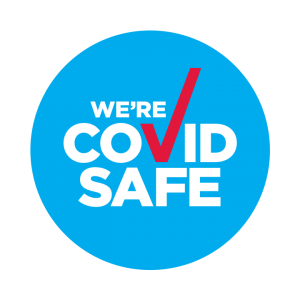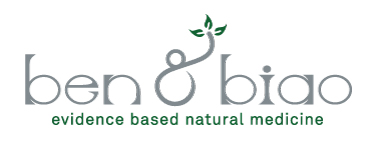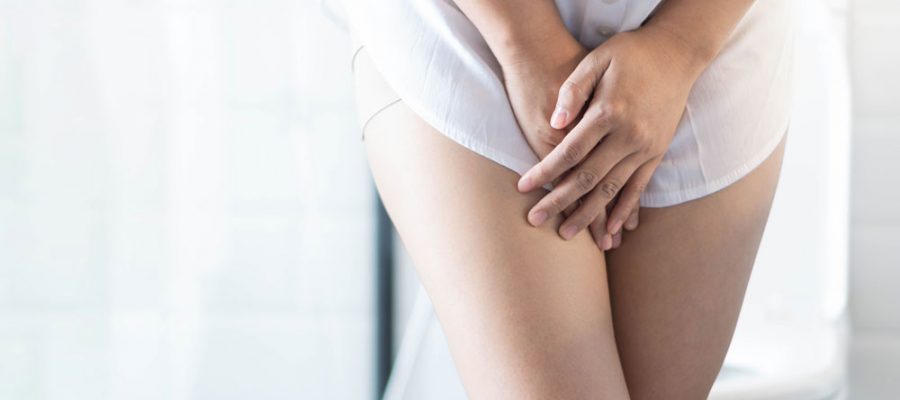Urinary incontinence, bedwetting or a weak bladder, or a lack of bladder control is a problem that upto 37% of women in Australia suffer with.
For Women there are two main causes of urinary incontinence in women is age and pregnancy. To find out more about this please see our blog: Urinary Incontinence and Diastalis Recti .
In children, bladder control can take time. Normally nnce children reach school age, 5 years old, they will have bladder control however in children with congenital or acquired problems which effect their anatomy or nervous system can be expected to have difficulties in obtaining dryness.
With night-time bed wetting, while there may be an emotional component there is actually a strong genetic predisposition or a reduced bladder storage at night.
Daytime incontinence may be due to bladder problems. The most common problem is bladder overactivity which leads to the child experiencing urinary urgency (busting), frequency (going often) and wetting (ranging from damp underwear to wetting of outer clothing). An underactive bladder, incomplete bladder emptying, urinary infections and postponing toileting can also lead to wetting. (Continence Foundation 2019)
Management plans will vary depending on the cause:
For Women
As our bodies change so much through pregnancy and aging, a woman’s pelvic region should be assessed by a womens health physiotherapist. Using a real time ultrasound she is able to assess if and how much deterioration or damage to the pelvic floor and abdominal muscles there are.
If there is a diastalis recti (link to the blog) the physiotherapist will determine if it can be treated by specialist muscle training or if surgical intervention should be considered.
If there is no diastalis recti but there is age related weakness then acupuncture, moxibustion and chinese herbal medicine may be more appropriate.
If you are a woman with urinary incontinence and would like to know more then please call 0403 273 008 or email reception@benbiao.com.au for more details.
*The evidence for acupuncture and moxibustion in urinary incontinence
Animal studies have shown that acupuncture treatment may specifically be of benefit in people with urinary incontinence by:
- decreasing the expression of c-Fos in the brain. Induction of stress urinary incontinence in rats has been shown to increase expression of c-Fos (Chung 2008).
- controlling nitrergic neurotransmitters in order to increase nitric oxide levels in bladder tissue, thus relaxing smooth muscle and allowing increased bladder capacity (Chen 2006).
There are systematic reviews for acupuncture in two particular instances of urinary incontinences: post-stroke (Thomas 2008) and bed-wetting in children (Bower 2005). Both reported consistently positive results but the poor quality of the component trials allowed only tentative conclusions. A general review found acupuncture to be the only CAM therapy with evidence of benefit (Hartmann 2009). Individual trials for a variety of types of urinary incontinence (urge, stress, diabetic, post-hysterectomy, post-stroke) have largely positive outcomes across a range of acupuncture interventions and control groups (Engberg 2009; Tang 2009; Kim 2008; Tian 2007; Yi 2008; Liu 2008; Yun 2007)
- Bower WF et al. Acupuncture for nocturnal enuresis in children: a systematic review and exploration of rationale. Neurourol Urodyn 2005; 24: 267-72.
- Chen YL et al. [Effects of electroacupuncture treatment on nitrergic neurotransmitter in bladder neck and detrusor of rats with unstable bladder] (Article in Chinese). Zhong Xi Yi Jie He Xue Bao 2006; 4(1): 73-5.
- Chung IM et al. Effects of acupuncture on abdominal leak point pressure and c-Fos expression in the brain of rats with stress urinary incontinence. Neurosci Lett 2008; 439(1): 18-23.
- Continence Foundation, ’incontinence in Children’ , 2019 , https://www.continence.org.au/pages/incontinence-in-children-facts.html
- Engberg S et al. The efficacy of acupuncture in treating urge and mixed incontinence in women: a pilot study. J Wound Ostomy Continence Nurs 2009; 36: 661-70.
- Hartmann KE et al. Treatment of overactive bladder in women. Evid Rep Technol Assess 2009; 187: 1-120.
- Liu ZS, Du Y. [Evaluation of the curative effect of electro acupuncture on post-apoplectic urinary incontinence](in Chinese). Zhen Jiu Tui Na Yi Xue 2008; 6/2: 97-8.
- Kim JH et al. Randomized control trial of hand acupuncture for female stress urinary incontinence. Acupunct Electrother Res 2008; 33: 179-92.
- Tang CL et al. [Observation on therapeutic effect of dog-day acupuncture and moxibustion combined with pelvic floor muscle exercises for treatment of female stress urinary incontinence]. Zhongguo Zhen Jiu 2009; 29: 879-83.
- Thomas LH et al. Treatment of urinary incontinence after stroke in adults. Cochrane Database Syst Rev 2008; 1: CD004462.
- Tian FS et al. [Study on acupuncture treatment of diabetic neurogenic bladder]. Zhongguo Zhen Jiu. 2007 Jul;27(7):485-7.
- Yi WM et al. [Effects of electroacupuncture on urinary bladder function after radical hysterectomy] Zhongguo Zhen Jiu 2008; 28: 653-5.
- Yun SP et al. Effects of moxibustion on the recovery of post-stroke urinary symptoms. American Journal of Chinese Medicine 2007; 35: 947-54.



